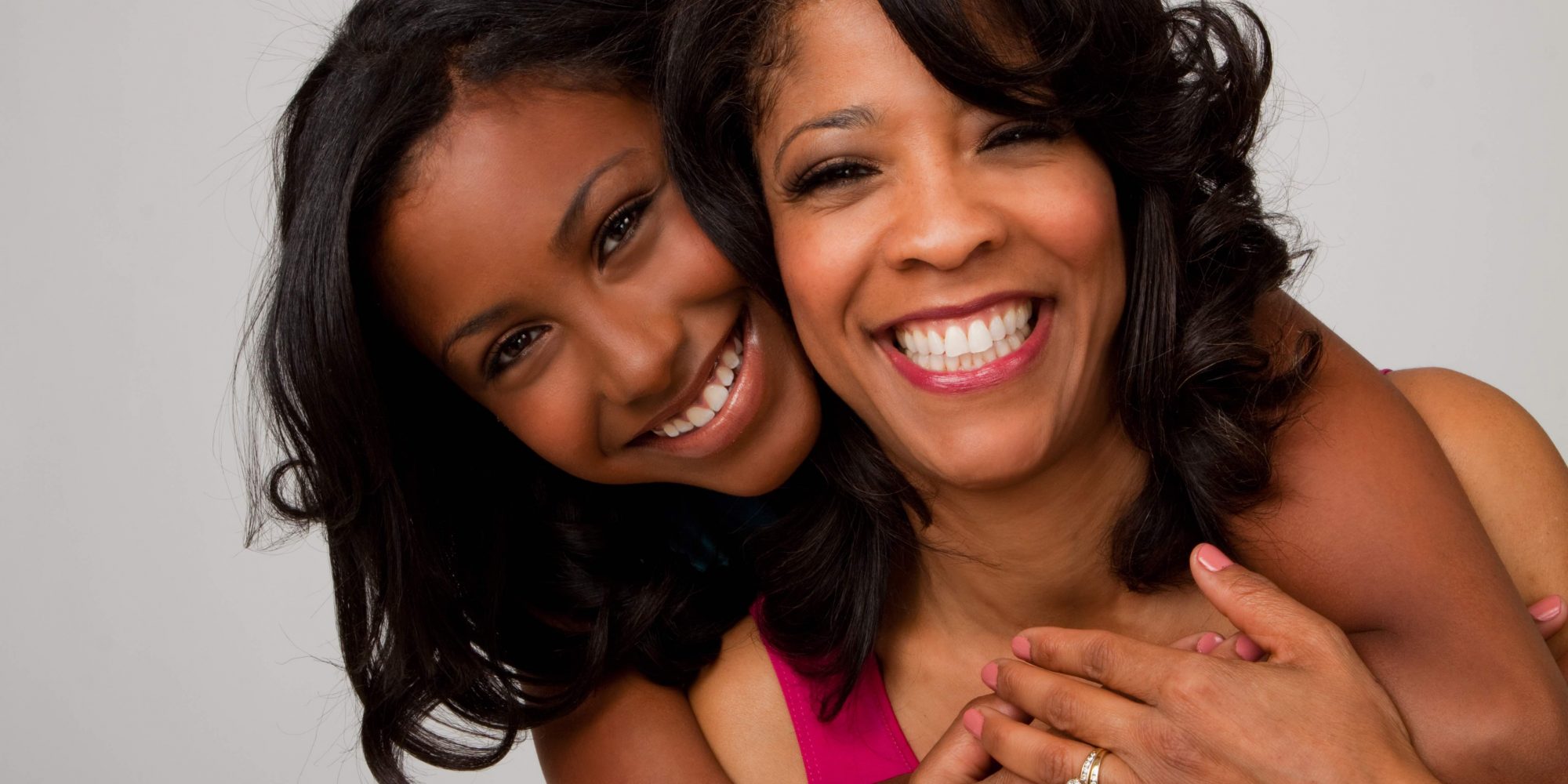
Attitudes Toward Menarche Are Changing—And Emerging Period Care Brands Are Part Of The Change
Growing up, nobody discussed my period with me. When I got it at 13-years-old, I felt I didn’t have anyone to tell. I finally told my therapist, who relayed to me that she’d planted a rose bush to mark her daughter menstruating. I cried following our session, wishing someone would commemorate my body’s maturation like that.
As my experience illustrates, the response to menarche, aka first period, can have a profound effect on mental health. People who reach menarche early are at higher risk than others for body image issues, substance use, depression and anxiety likely because they’re ill-equipped to process the milestone, according to counselor Kathryn Stamoulis, an adjunct psychology professor at Hunter College.
“If it is treated with shame, disgust or secrecy, that can set the stage for how [a girl going through menarche] views her body and sexuality in years to come,” she says. “Things are changing for the better, but many girls are still being left behind. One or two health classes discussing menses will not prepare all girls, especially those who do not have parents talking about it in the home.”
Increasingly, activists and menstrual care brands are working to modernize the conversation around menarche to assure it’s a positive occurrence. Just acknowledging it publicly is a step toward improved outcomes for girls sorting through an often challenging transition.
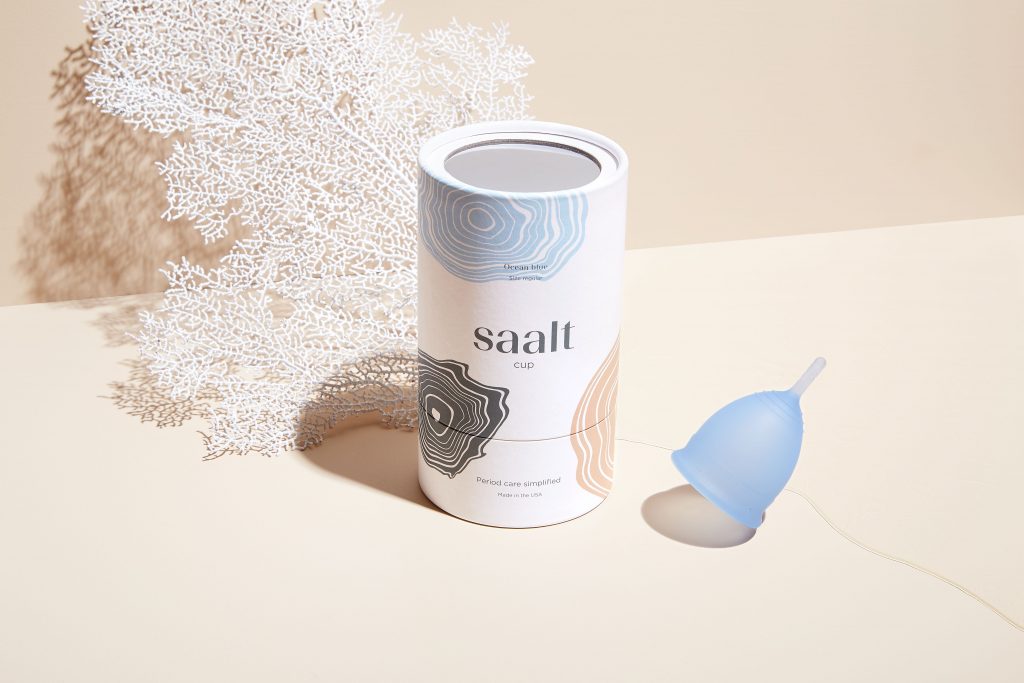
“When I was a young girl, I remember the first period was something all of us were scared of and felt embarrassed to talk about even with friends and family,” says Yanghee Paik, co-founder and CEO of Rael, which sells organic period supplies and skincare products. “Now, I see a lot of my mom friends are ready to talk about it openly with their daughters and help them embrace it by celebrating it as a huge, but natural step to womanhood. Sometimes, I even see dads joining this celebration.”
Rael has created a First Period Care Kit with pads, period panties, acne wash and more. “We hope that this kit can help [young people] and their family manage their first period smoothly and celebrate it as a very special step toward womanhood,” says Paik. Organic tampon and pad brand Organic Initiative developed a line of smaller, lighter menstrual products called Oi Girl to enable young girls to have comfortable periods both physically and emotionally. Of course, constructive initial interactions between period care product purveyors and girls can lead to lasting relationships between the customers and brands.
Beyond brands’ offerings, the rise of first period parties indicates changing attitudes toward menarche. Called first moon or red tent parties, the menarche festivities feature cakes with red icing and the naming of a girl’s period. “A few years ago, more people reacted to first period parties by writing them off as a fringe idea,” says Amber Fawson, co-founder of menstrual cup brand Saalt. “Now, we see more people approach them as a way to make sure young teens feel supported and informed about their periods, and as a way for every teen in the room to see she has elders she can talk to if she has questions about her body and period.”
“If it is treated with shame, disgust or secrecy, that can set the stage for how [a girl going through menarche] views her body and sexuality in years to come.”
Lauren Schulte Wang, founder of the tampon alternative brand The Flex Company, is noticing conversations about periods becoming less taboo. Schulte set up Google alerts for articles on periods in 2014 and, back then, Google would unearth a couple articles per day. Five years later, there’s 50 daily on average. Wang says, “With this increased conversation about periods and menstruation, society is signaling to parents and children that their first period is nothing to be ashamed of.” The Flex Company is pushing the conversation forward with customer communication about options for period supplies.
Blume, which sells tampons, pads and skincare products made from natural ingredients, has a similar aim with its blog Blume University. “Blume’s message and ultimate mission is to empower those going through puberty to be informed and excited about all the changes that are happening rather than feel isolated and othered by the shame and conversations being had about them or lack thereof,” says Blume co-founder and CEO Taran Ghatrora. “We hope that, in the future, the language used to discuss puberty can shift into a positive space that’s full of available and digestible resources for everyone.”
Another way menstrual care brands are trying to transform discourse around first periods is by rejecting the idea that they are the start of several decades of pain and unhappiness. Organic Initiative is intent on making periods as comfortable as possible with its organic period care products. CEO Helen Robinson says, “We have so much feedback from customers about the changes they have experienced, including regulated blood flow, less cramps, no irritations or infections.”
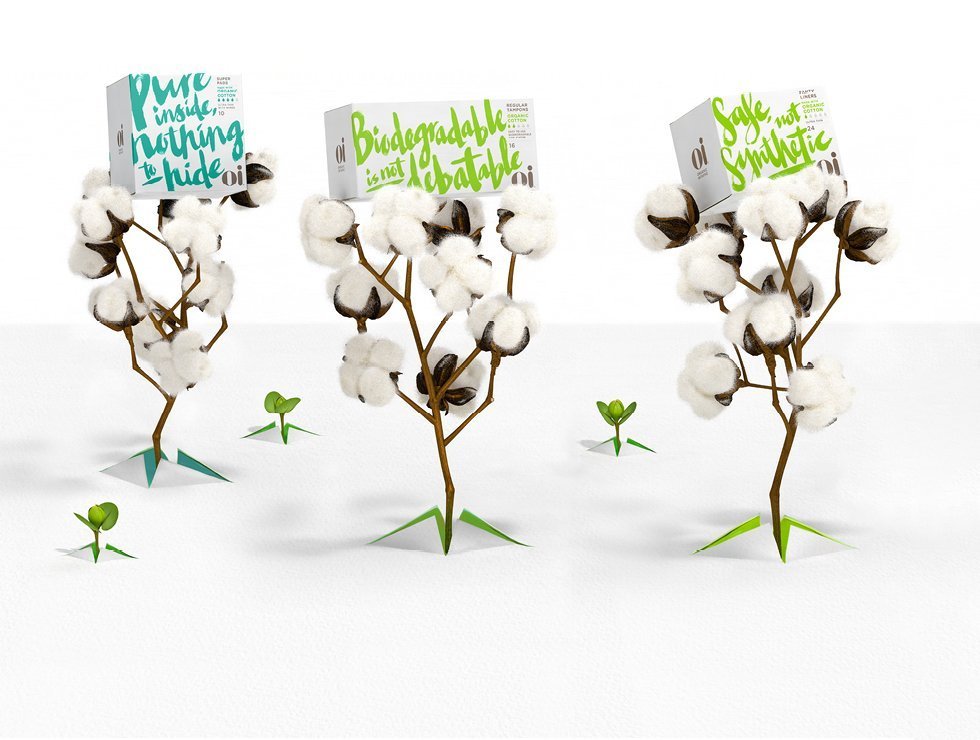
The Flex Company is also out to decrease discomfort. “Periods should not be disruptive to our lives,” says Wang. “To that end, we emphasize that it’s important to experiment with different period products to find the one that works best for you. I want to see more truth in advertising so that parents can help their children try different types of period products during menarche and find what works best for them.”
For Molly Hayward, founder of organic period care brand Cora, the prevention of pain is part of a larger mission to optimistically depict periods. “Some [brands] continue to push the antiquated notion that periods are a painful nuisance, a monthly problem to be solved,” she says. “Thankfully, we are seeing more brands take Cora’s perspective, which is to convey periods and menarche in a positive light as a signifier of the awesome power of…bodies.”
Period product advertising incorporating activities like sports can be particularly effective in debunking the notion that periods are unpleasant, says Stamoulis. “Ads that frame periods as normal and healthy, not just, ‘Ugh, it sucks,’ are great for normalizing periods as a part of healthy lives,” she explains. “Some women report feeling more creative or sexual when menstruating, and that’s something rarely discussed.”
“There are too many young people who are left to figure out periods on their own, generation after generation.”
People going through menarche or who’ve recently gone through it are important catalysts for enhancing the messages around menarche. Robinson says millennials and members of gen Z are “bold, brave, and truly question everything—what is healthy for them, what is environmentally good for the world. They are incredibly sensitive and selective. They read product labels, do not like to be misled, and undertake research to ensure that they make long-term, impactful differences. These young women are pushing their parents to purchase brands they believe in.”
However, the efforts to make menarche a better experience for girls today aren’t over. Experts emphasize society isn’t completely headed in a positive direction, particular in regard to sex education. Wang asserts boys and girls shouldn’t be separated in reproductive health classes. She says, “When boys and girls are separated, we are implying that periods are embarrassing or something to hide.”
Like Wang, Fawson is adamant discussions about menarche shouldn’t be restricted to girls. “We have encouraged our followers to talk openly about periods in their homes to their daughters and sons,” she says. “One of our first customer videos was filmed by a customer who was receiving a Saalt cup and who had her son do the unboxing. Little acts like hers open the door for easy, open conversation and are vastly helpful.”
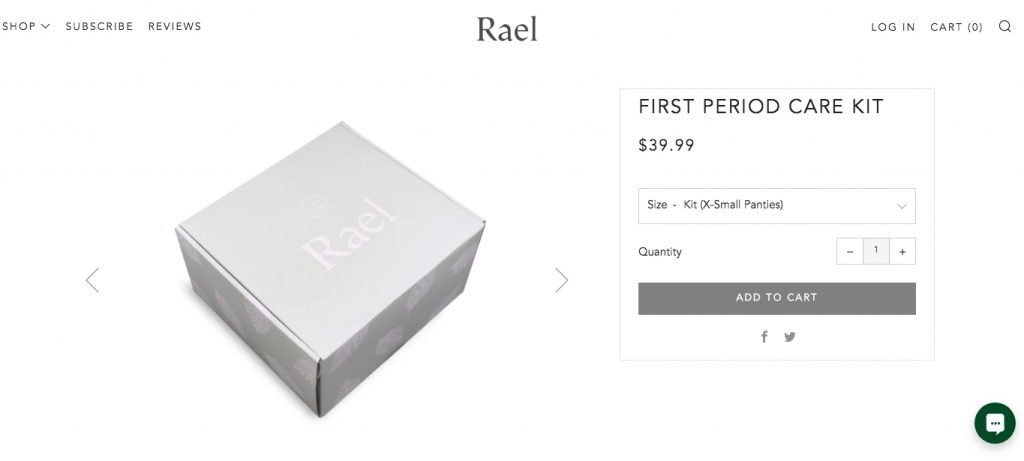
Conversations about periods at younger ages is helpful as well, says Fawson. “There are too many young people who are left to figure out periods on their own, generation after generation,” she says. “And this often happens because young teens feel shame about asking questions about their period. Simple, open conversations can change everything.”
Stamoulis agrees that open conversations are extremely valuable. “There is so much many girls don’t know: spotting, why blood can appear brown, the general cycle of cervical mucus,” she says. “This is where social media and feminine product ads can help bridge the gap. The more normalized, the better.”
KEY TAKEAWAYS
How a child or adolescent’s first period is handled can greatly impact their mental health.
Our culture is beginning to promote more positive, open attitudes toward menarche through practices like first period parties.
Menstrual wellness brands are helping to change attitudes by starting discussions about periods, providing high-quality supplies and debunking the notion that periods must be unpleasant or painful. Some are creating kits and content specifically aimed at girls experiencing menarche.
There’s still work to be done in providing more thorough education about periods to people of all genders at an early age.

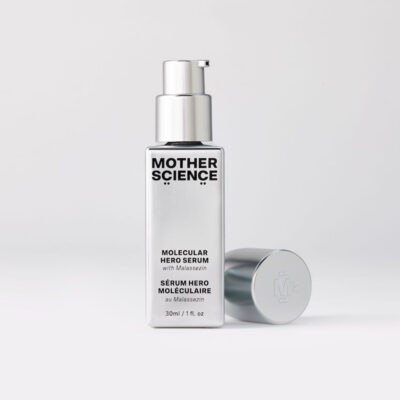
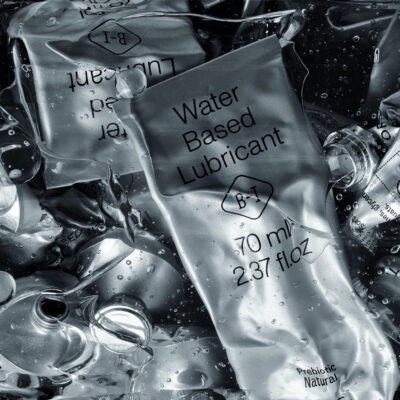
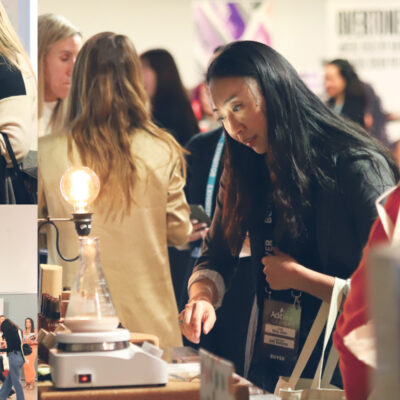
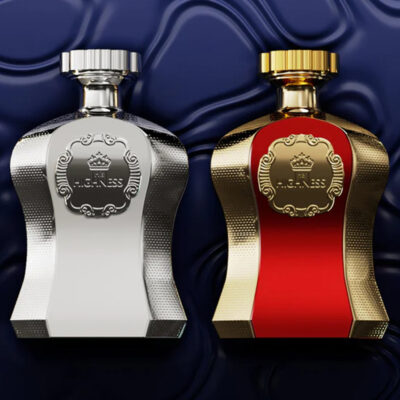
Leave a Reply
You must be logged in to post a comment.